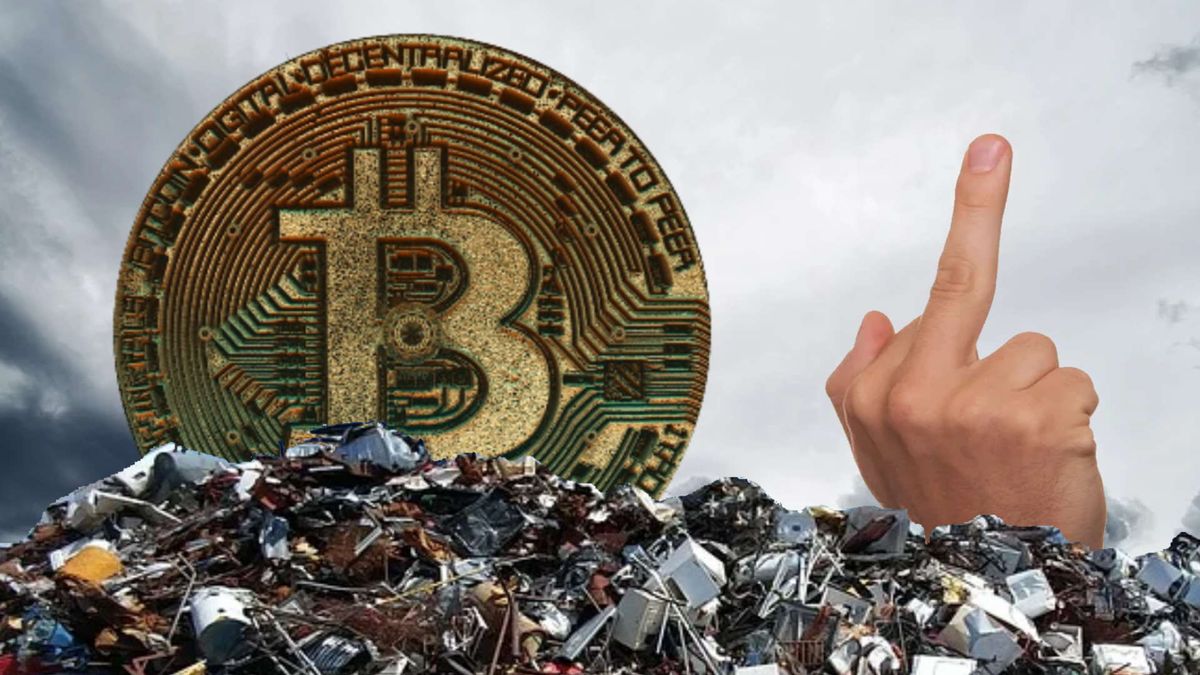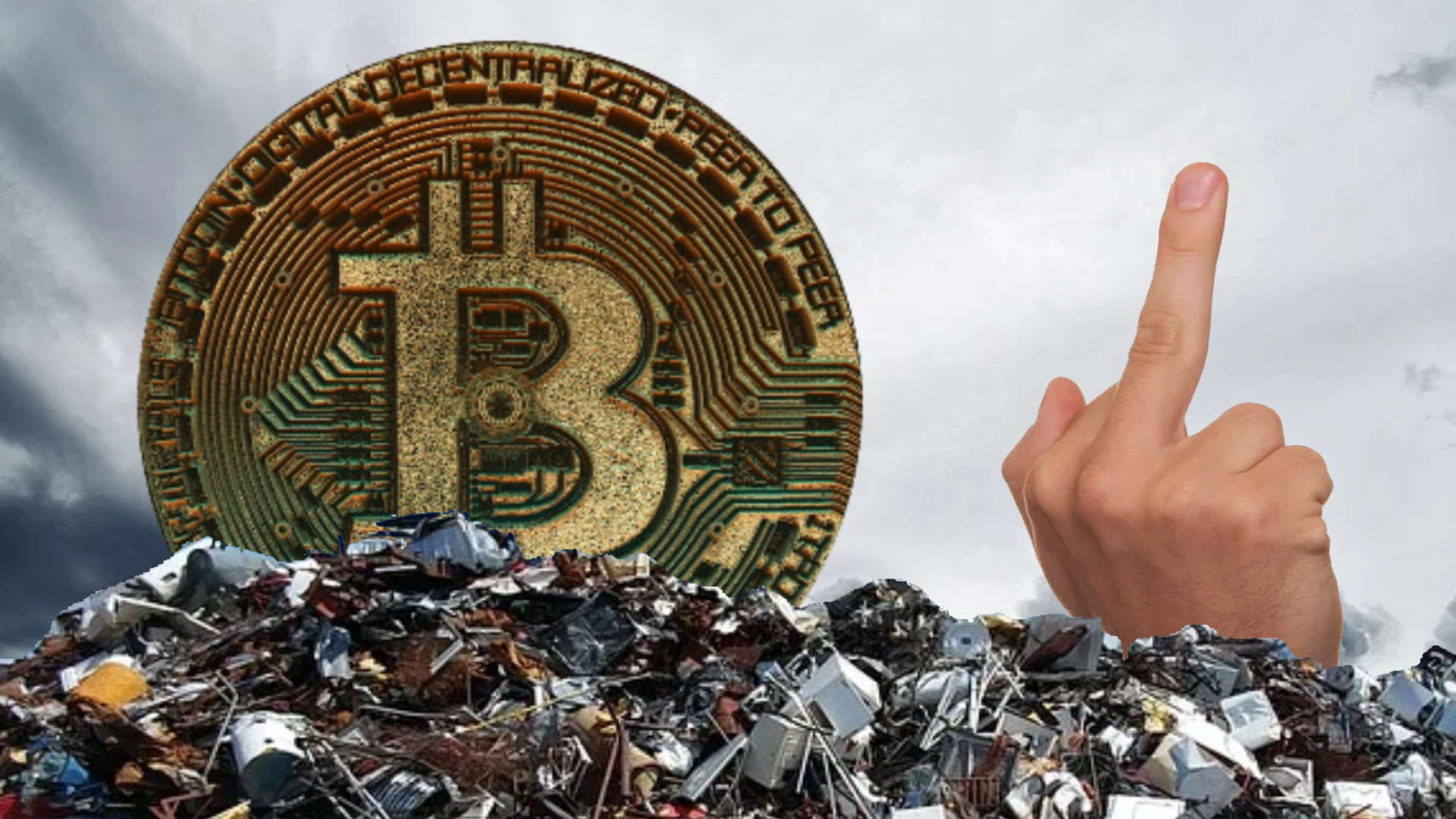A man who is hopelessly trying to recover $600 million worth of Bitcoin from a landfill has finally been ordered by the Supreme Court to drop the case, and he says he is ‘very upset’


A UK High Court judge has rejected a man’s attempt to sue Newport Council over a long-lost hard drive containing Bitcoin, in what should be the end of a rather farcical saga that has been going on for years. James Howells is a computer engineer who got into Bitcoin early and has mined about 7,500 Bitcoins since 2009. He then forgot about it and his ex-partner threw away the hard drive containing the Bitcoin wallet in 2013.
Oops! Since the price of Bitcoin has risen significantly since then, it is estimated that the hard drive now holds $598 million worth of Bitcoin, with Howells claiming it could be worth as much as $1 billion next year.
Howells has been targeting Newport City Council, which operates the tip platform, since 2013. After initially attempting to sue directly for access to the site, in recent years he has also tried a softer approach, offering the council 25% of the catch. value if they would let him find it.
At the latest hearing, Newport Council asked the High Court to dismiss Howells’ claim, which sought access to the landfill or compensation of £495 million ($601 million). But Judge Keyser K.S. shut the whole thing down, saying the lawsuit had no “reasonable basis” and “no realistic prospect of success if the case went to trial.”
Howells told the BBC he was “very upset”. He went on to say that he had “been trying to engage with Newport City Council in every way humanly possible for the last 12 years” and it was a “kick in the teeth”. Then he became a little conspiratorial and woe is me for all of this.
“It’s not about greed, I’m happy to share the proceeds, but no one in a position of power will have a decent conversation with me,” Howells said. “This decision took everything from me and left me with nothing. This is again a blow to the great British system of injustice.”
While it’s hard not to feel a pang of sympathy for Howells, he was trying to set a pretty crazy legal precedent: something dumped as rubbish remained his property, and Newport Council had a duty to help him find it. Representing the council, James Goody K.S. argued that under existing laws a hard drive became the property of the council when it ended up in a landfill, with Howell trying to persuade the council to “play fast and loose” by “signing up for a share of the action”.
Goody also pointed to the environmental impact of excavating 11 years of rotting waste, which allowed millions of tonnes of methane and CO2 to enter the atmosphere and breached the council’s commitments in this area.
The landfill in question stores more than 1.4 million tonnes of waste, although Howells believes he has narrowed down the location of the hard drive to an area of 100,000 tonnes. But even so, the chances of this thing surviving in any usable form where Bitcoin can be recovered seem unlikely at best: in all likelihood, it’s a piece of rusted metal, and has been for years.

